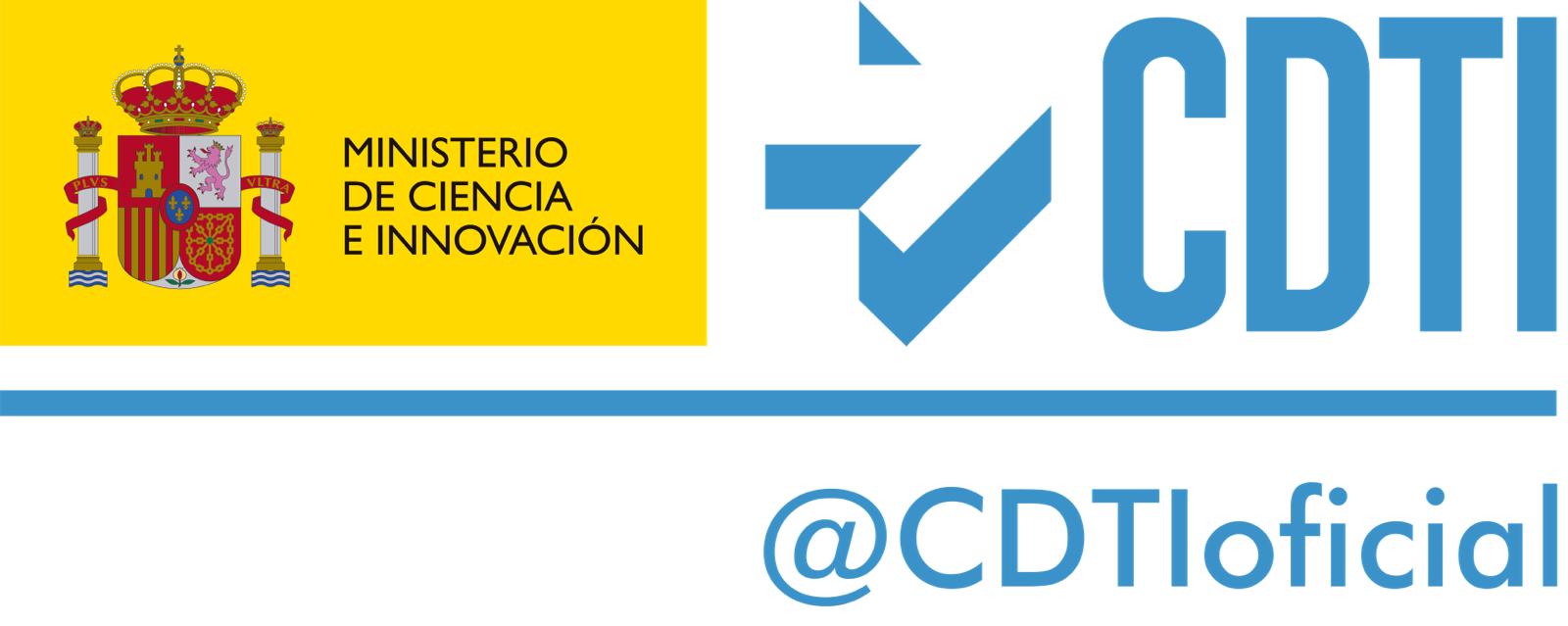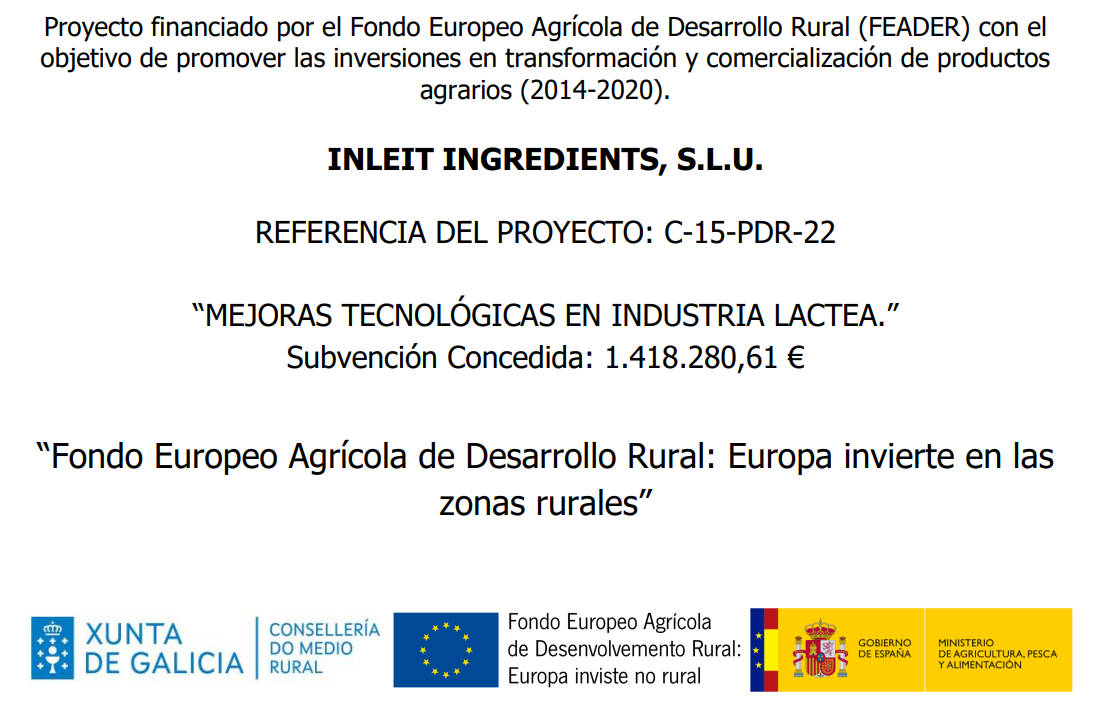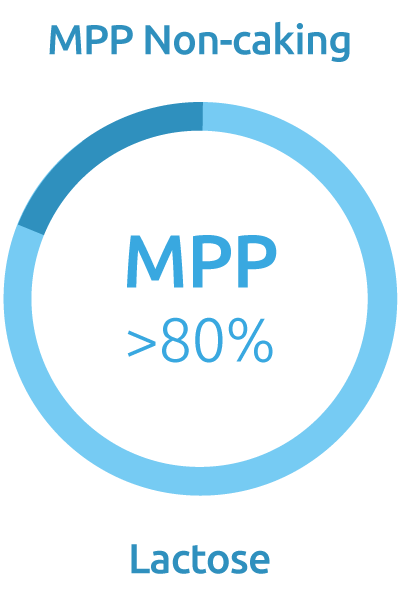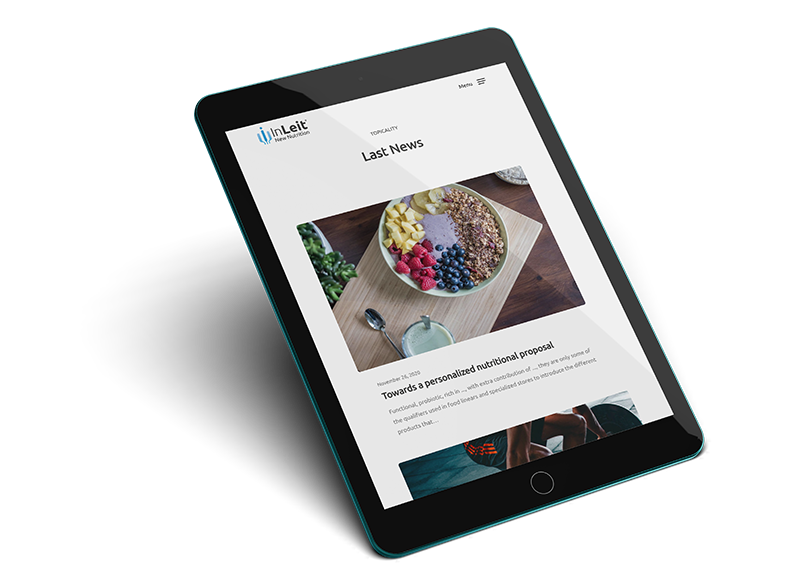In our industry, quality, hygiene and safety are non-negotiable aspects of the production process. Which is why here at InLeit Ingredients, we are committed to guaranteeing our customers full compliance with the highest food safety standards, working constantly on the safety and inspection of all our products, and undergoing regular audits in order to secure the strictest certifications.
For all these reasons, and following the start of operations in our production plant, last year we embarked on the process to obtain FSSC 22000, one of the strictest food safety certifications that ensures additional guarantees for the quality and safety of our products at each phase of the production and logistics processes, including storage and delivery.
Our facilities in Curtis-Teixeiro are subject to the most demanding protocols throughout the production process, which includes highly specific and precise requirements. The procedures are in line with society’s ever-increasing awareness and commitment towards food safety.
Likewise, and in accordance with the export side of InLeit Ingredients’ business, the necessary steps have been taken in order to obtain SAE standards certification (the Spanish initials for Specific Self-inspection Systems). This guarantees the company’s compliance with the specific requirements for exporting products of animal origin, as well as correct traceability to origin and the veterinary inspection of production on farms.
Catering for special diets
As part of the drive to open up its product portfolio to new markets, in particular countries that consume dairy products and where a large proportion of the population is Jewish or Muslim, InLeit Ingredients has successfully completed the procedures in order to obtain Kosher and Halal certification.
In the case of Kosher foods, authorised dairy facility status certifies that the company conforms to Kosher requirements.
In turn, Halal certification endorses that the production process does not involve any ingredients that fail to meet the requirements of Islamic law. Foods are prepared, cooked, carried or stored using equipment or means that are not forbidden by the aforementioned law. What’s more, they must not have been in direct contact with other foods that also fail to meet the requirements referred to above.
Obtaining Halal certification ensures access to more than 50 emerging countries and a potential market of more than 1.6 billion customers around the world, including 44 million in Europe. It also enables us to break the entry barriers to countries such as Israel, where certification is compulsory in order to operate.















